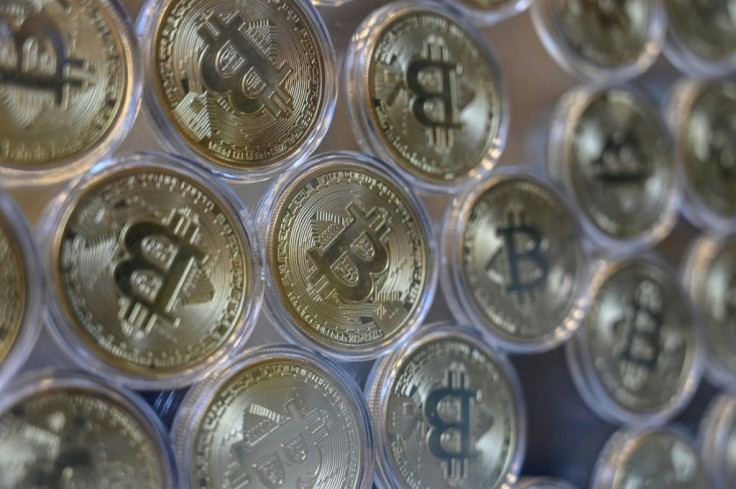Crypto Must Be As Safe And Simple As Online Banking
It's been 13 years since Bitcoin was invented, and the cryptocurrency sector has attracted huge amounts of investment money. And yet, this amazing technology has still not achieved the mass adoption for which it was designed. Why is this, and what needs to change to make it happen?
To put it simply, the reason that some people are reluctant to use cryptocurrency is exactly the same reason that it's so attractive to others: it puts your money, and responsibility for your money, entirely in your hands. Ownership of decentralized assets is defined by the holding of the relevant private key, and nothing else. In other words, if you lose your password, your assets will become "lost."
By extension, sending assets to the wrong place (which is a very easy mistake to make) has the same effect – you are no longer in possession of the key to those assets, so there's no way to get them back. Blockchain research firm Chainalysis famously calculated that 20% of all bitcoins are lost. That's billions of dollars worth of money wasted. Try to imagine what it feels like to hold a fortune and be unable to touch or use it, ever – frustrating, to say the least.
It's become clear that the lack of a central authority providing asset protection is frightening to the general public. As a result, the most popular crypto companies were those that centralized the crypto experience with custodial solutions. By surrendering custody of their assets, users receive a kind of insurance policy for their mistakes – but centralized solutions are a constant target for hackers. Examples abound: $8.75 million stolen from Mt. Gox in 2011, $534 million stolen from CoinCheck in 2018, $281 million stolen from KuCoin in 2020 … the list goes on.
In addition, these companies have fiat-style KYC (Know Your Customer) requirements that are contrary to the purpose of decentralized currency, providing data that regulators and governments can use to tax gains, as well as creating another security risk. For example, in 2019, hackers stole from one of the world's largest centralized exchanges, Binance, a trove of customer two-factor ID data (and $40 million worth of cryptocurrency).

A counter-response has developed over the last few years, and this is called "DeFi," or decentralized finance. DeFi creates a financial infrastructure that supplies the security and convenience of fiat finance, but without requiring the user to surrender custody of their money. DeFi operators utilize "smart contracts," which are mechanisms that perform operations according to computer code. Smart contracts don't require human oversight, can't be cheated, and are open-source. This means that they are completely transparent to review and audit. This is a stark contrast to the opaque operations of both traditional financial institutions and custodial crypto exchanges and wallets.
In my opinion, there are three main issues that need to be tackled before the public will embrace cryptocurrency en masse. These are: how easy it is to send a transfer to the wrong place, the lack of non-custodial backup mechanisms, and assets being lost due to unexpected death. This last problem is only going to become more acute as the years progress; there are already plenty of stories of crypto holders passing away without making provisions. Their assets are doomed to sit, viewable to their loved ones but forever inaccessible.
The good news is that solutions to all three of these issues have appeared and are rapidly gaining traction. That's the beauty of the smart contract: you can design them to do anything. For example, they can be used to password-protect and even "undo" transactions, or programmed to perform operations such as shifts in access rights and multiple automatic transfers in case of inactivity (according to preset timers).
Satoshi Nakamoto, the pseudonymous inventor of Bitcoin, believed that peer-to-peer money was going to change the world for the better, and I certainly agree. It makes the economy fairer and gives the power (and economic opportunities) back to the people, where it belongs. Adoption of blockchain technology hit a roadblock because of a lack of decentralized safety mechanisms. The way to overcome that is to create services that make crypto management as easy and safe as online banking – and now that such solutions exist, it's only a matter of time before Satoshi's vision becomes a reality.
(Asaf Naim is the CEO and co-founder of Kirobo, which has a suite of tools to make cryptocurrency management safe and simple)
© Copyright IBTimes 2024. All rights reserved.



















